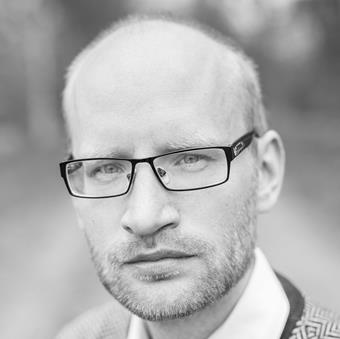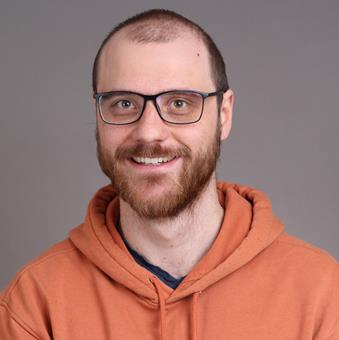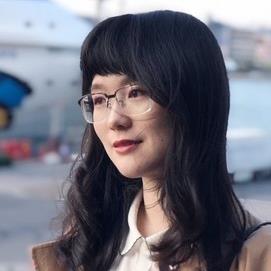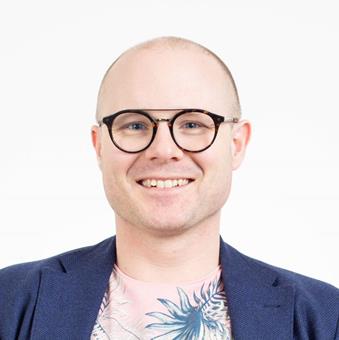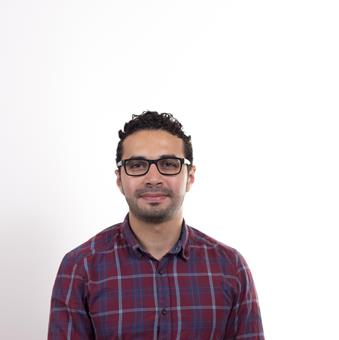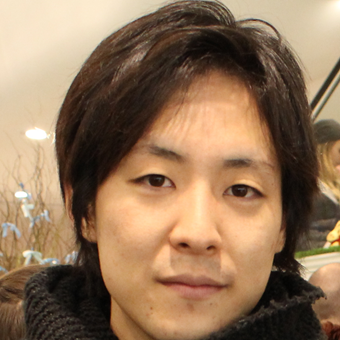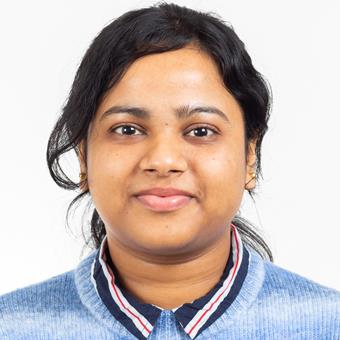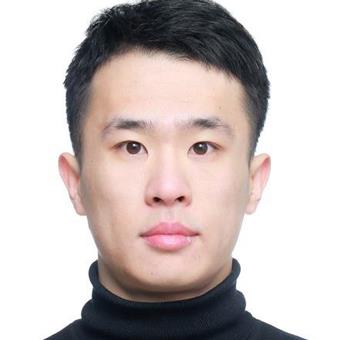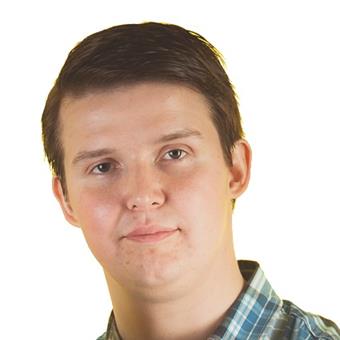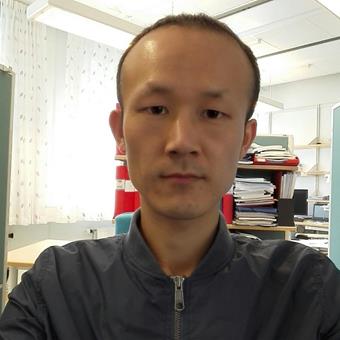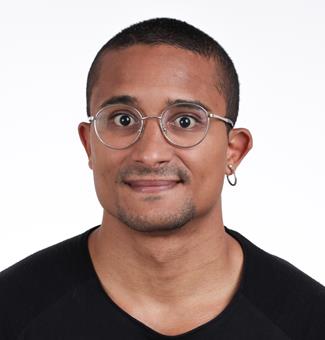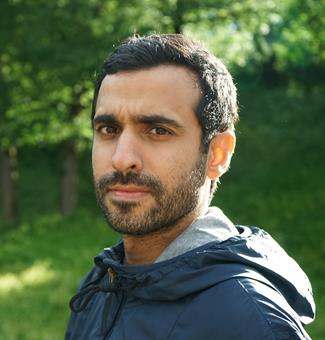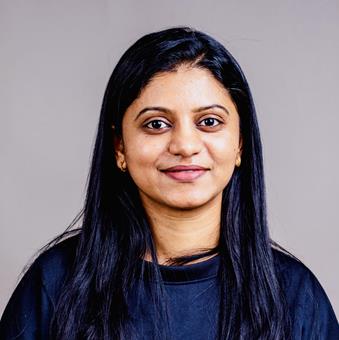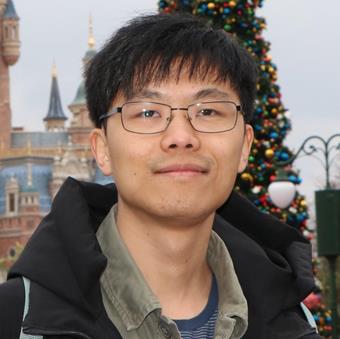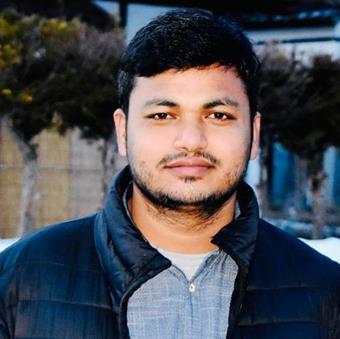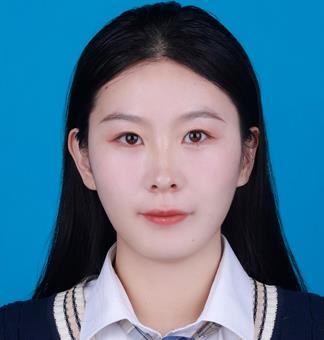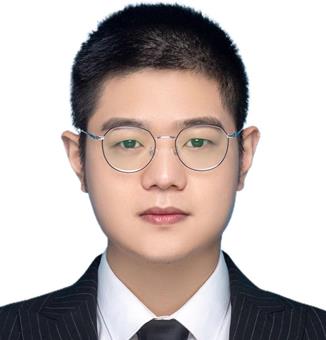Prof. Rosen earned her PhD from RWTH Aachen University in Germany in 2004. Following her doctoral studies, she pursued postdoctoral research and held visiting scientist positions at Lawrence Berkeley National Laboratory (LBNL), USA, and the University of Sydney, Australia. In 2007, she returned to Sweden and was recruited to Linköping University for a tenure-track position as a LiU-Assistant Professor. Since then, she has established a state-of-the-art laboratory and a dynamic research environment that integrates predictive theoretical modeling with advanced materials synthesis and characterization.
Research
Prof. Rosen´s research focuses on application-driven fundamental studies of novel 1D, 2D, and 3D inorganic materials, including carbides (MAX phases and MXenes), borides (MAB phases and MBenes), and a diverse range of other metallic and ceramic compounds.
Her approach combines predictive and explanatory theoretical modeling with the synthesis of particles, powders, and thin films. The structural, compositional, and fundamental properties (e.g., optical, electronic, and magnetic) of these materials are systematically analyzed. Furthermore, their potential applications are explored in fields such as energy storage, energy conversion (catalysis), water purification, electromagnetic shielding, and more emerging technologies.
The research output is published in reputable journals including Science, Nature Synthesis, Nature Materials, Nature Communications, Advanced Materials, and others. A full list of her publications can be found on Google Scholar.
Funding
Prof. Rosen´s research is primarily supported by
• the European Research Council (ERC)
• the Swedish Research Council (VR)
• the Swedish Foundation for Strategic Research (SSF)
• the Knut and Alice Wallenberg Foundation (KAW)


